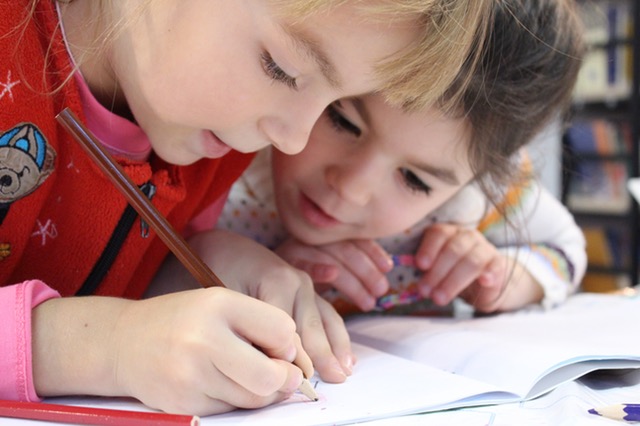
It’s a dream of every parent to see their kids become competent in every aspect of life. But while hustling through the inanities of corporate lives, parents often tend to get obsessed with fancy parenting ways and completely overlook subtle things about childhood.
First and foremost, a child should not be put under any sort of pressure of choices. Parents should just embrace the nature of kids during his/her growing years.
People tend to overlook these kinds of things and relentlessly put subliminal fears into their minds about adulthood.
Below are seven things parents often tend to overlook when it comes to raising a kid.
1. Music is more than a hobby
Encourage your kids to listen to music and introduce themselves to different music genres of music at an early age.
Researchers have linked music with developing learning patterns that come in a lot of handy during the adult stages of life.
Introducing kids to a musical instrument from a tender age is also a great idea (only if they’re showing interest forcing to learn is not a good choice).
Learning a musical instrument helps children become a lot more creative and also adds one more armor to their skillset arsenal.
2. There’s nothing like ‘too much playing’ for kids
Hey listen, playtime is over, now it’s time for you to study. This is all but too common for parents to make a similar response when their kid is playing too much.
But on the contrary, a child should be allowed to play as much as s/he wants.
Playing helps children acclimatize themselves with the ways of life and learn small nuances of daily works of adults. The best thing you can do is help them the best you can and let them play all they want.
3. Sleep is absolutely necessary
Children require a different amount of sleep according to their age. Any aberrancies in their sleep routine can have a catastrophic impact.
Parents are often found mingling with their kid’s sleep in the name of the study or early schools but what they do not realize is that striving their kids of normal sleep routine is actually bad for their mental health and creativity.
Children should have their sleep cycle aligned with biological cycles of nature. This helps for proper metabolism and steadying mental health in kids.
4. Creative games for brain training
Creative games like Jigsaw puzzles, pathfinding, and simple crossword puzzles are great for your kid’s brain development. There are also several other creative games to engage the kids with.
In addition to this, there are several team activities for kids that help them learn a great deal about teamwork and explore their creative potential with problem-solving and decision-making. Scientific tools like the use of Microscope can be helpful for learning science and brain growth.
5. Cartoons are actually good
Apart from the violent and gore ones, cartoons are actually good for kids. Cartoons make kids receptive to humor and also teach about various stuff like science, environment, and thinking outside the box.
Cartoons can hold the attention of children and have meaningful content surely helps. Next time you think your kid is ‘wasting’ too much time watching Bob the Builder or giggling on Garfield, remember that these shows are teaching a lot to them which you yourself have overlooked.
6. Proper communication between two generations bridges the gap
If you want to raise your kids the proper way or the way you think is suitable for them, a good communicative family environment is a must. There is often a huge age gap and an obvious gap between concepts and ideas.
Having casual conversations helps to narrow this gap and you can collectively learn a thing or two about parenting, growing up and the changes in the ways of the society.
Talk to your kids and ask them how their day was. Have meaningful conversations about things that are bugging them this helps kids be a lot more expressive in their latter stages of life.
7. Help them learn the joys of giving
Too many times, parents are guilty of turning a sore eye to their kids when s/he loses a toy or shares it with friends.
While these things turn out to be too pretty in the longer run, there are psychological disadvantages in the short run.
Sharing their things like toys, color books, etc. helps them collectively learn about teamwork and teaches them the values of society.
Sharing also encourages group sessions, idea brainstorming, and improvising. So encourage your kids to be willing to share.
About The Author:
Basanta Lamichhane, a physics enthusiast and founder of site www.theferrofluid.com![]()



![[Infographic] Yoga For Kids Infographic](https://www.safeandhealthylife.com/wp-content/uploads/2017/03/Infographic.png)
